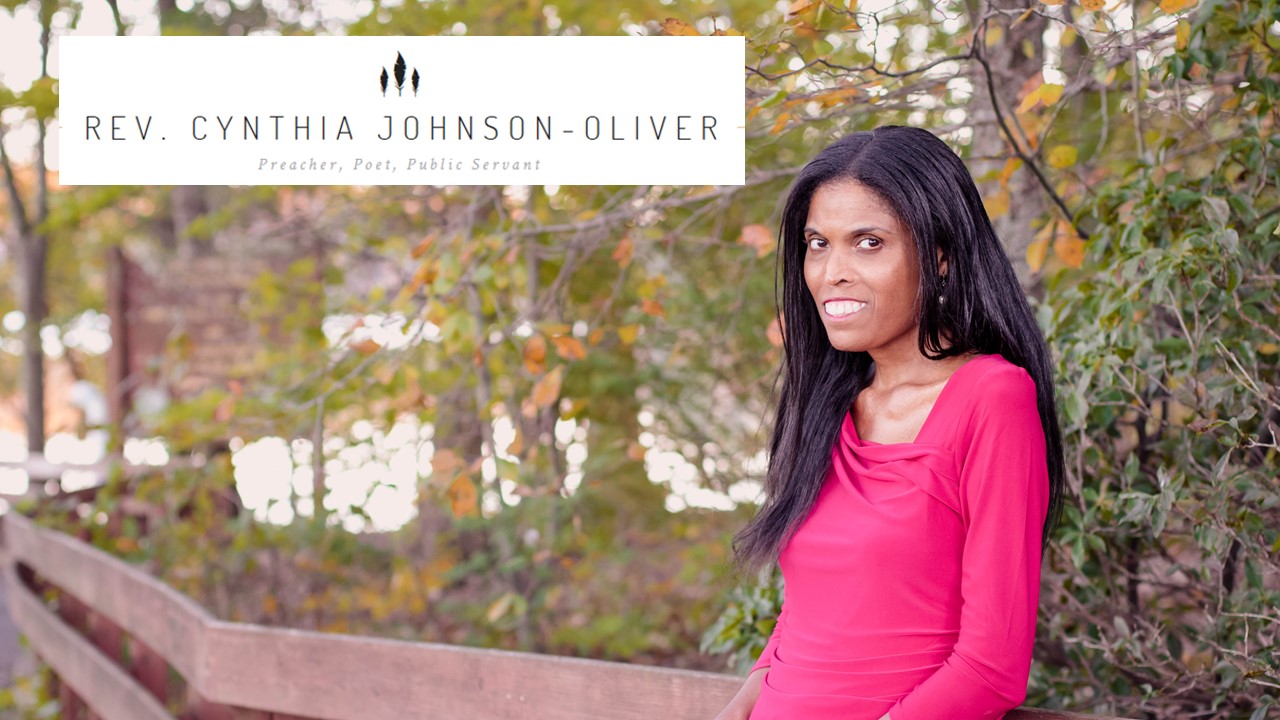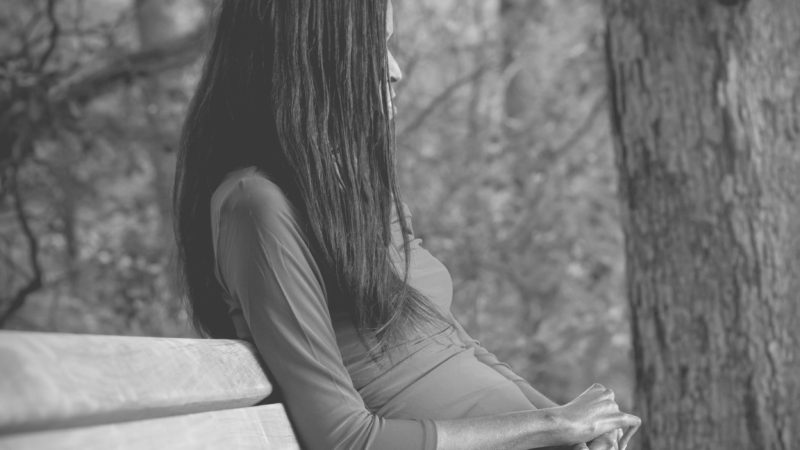[Note: This post first appeared on the FaithJustice Foundation blog]
.
“The Spirit of the Lord is upon me,
because he has anointed me
to bring good news to the poor.
He has sent me to proclaim release to the captives
and recovery of sight to the blind,
to let the oppressed go free,
to proclaim the year of the Lord’s favor.”– Luke 4:18-19
[What can the season of Lent teach us about social justice? This re-post was the first in a series of reflections based on Luke 4:18-19. To find an answer, I believe we can look to these words of Jesus found in the fourth chapter of the Gospel of Luke. The text is found immediately following Jesus’ forty days in the desert, the passage most associated with the 40 days of Lent. Jesus uplifts these words, read from the prophet Isaiah, as an introductory statement of his public ministry. In the passage, Jesus speaks words of anointing, of good news, of release from captivity, of recovery from blindness, of freedom from oppression, of favor, hope, and justice. After reading, he proclaims “Today this scripture has been fulfilled in your hearing.”]
The fourth chapter of the Gospel of Luke begins with Jesus, “full of the Holy Spirit… led by the Spirit in the wilderness, where for forty days he was tempted by the devil.” For six weeks, he spent time in solitude – fasting, praying, and preparing for the work that was ahead. After this period, he returned to Galilee, again “filled with the power of the Spirit” where reports of his ministry spread throughout the country. To introduce his ministry, Jesus enters a synagogue and reads from Isaiah 61, a post-exilic text written during a time of suffering and disenchantment. In Isaiah, the prophet proclaims that he is anointed by the Lord to bring good news to those who are oppressed. Jesus announces that today, this scripture is fulfilled in him. In making this announcement immediately following his time in the wilderness, Jesus offers a master class on the connection between contemplation and action. We who follow Jesus are invited to take note.
Beloved, I have a concern about our social justice activism. I fear that we have come to associate social justice with action only. Our rhetoric that challenges us to “get out of the pews” and “go outside of the four walls of the church” is well intended, but it risks separating the inner spiritual disciplines of prayer, fasting, and solitude from the outer ones of service and action.* This bifurcation leads to a few unfortunate tendencies.
“Social justice action, when rooted and grounded in contemplation, can be more meaningful, more inspired, and therefore more impactful.”
Firstly, those among us who crave action may lose sight of the self-care offered through contemplative practices. At a time when we have a 24-hour news cycle that depicts injustices meted out daily, our need for rapid responses can result in burnout for social justice advocates. In times like these, a rich inner life can offer balance through prayer, silence, Sabbath-keeping, and mindfulness as opportunities for rest and refreshment. These contemplative practices offer balance that can strengthen us for the long haul needed to create systemic change.
Secondly, we social justice activists prioritize action over inaction; therefore, contemplative practices tend to get lost among those of us who want to just “do something.” However, there are many great spiritual leaders who have taught us that an inner life of contemplation provides a solid foundation for an outer life of action. Our greatest social justice advocates across religious traditions have been a living witness to this, from Mahatma Ghandi to Thich Nhat Hanh and from Dietrich Bonhoeffer to Rev. Dr. Martin Luther King, Jr. Social justice action, when rooted and grounded in contemplation, can be more meaningful, more inspired, and therefore more impactful.

Thirdly, we tend to categorize discipleship as study while categorizing mission and social justice as service and action. We see these categories in our church ministries and committees. We make this distinction despite the fact that study needs to be a first step in preparing to help the communities and issues for which we want to take action. Sometimes we are ready to take action without adequate information, create slogans but not strategies, join protests without policy demands. As a result, sometimes our help isn’t truly helpful, offering band-aids to communities that need surgery to stop the bleeding. By contrast, a more complete approach recognizes that we need to be disciples/students of social justice in the same way that we are students of prayer, bible study, and other spiritual disciplines. Then we can be prepared to take action that is informed, strategic, and can produce the change we seek.
What if instead of only taking action outside of the church, we are called to also bring social justice into the church? What if we are called to treat social justice as an integral and integrated part of what it means to be disciples, to incorporate social justice in prayer, worship, meditation, as well as study, and then engage in social justice ministry and action? I have said elsewhere that the biblical vision of social justice should be included in any complete and comprehensive discipleship program. This was a major reason for my decision to start the FaithJustice Foundation.
“What if instead of only taking action outside of the church, we are called to also bring social justice into the church?”
The season of Lent offers us the chance to return to the solitude of the wilderness in order to tend to our inner lives, to confront our own demons, to contemplate our calling, to draw deeply from the oasis of the Spirit, to prepare for the work that is ahead. Through the inner life, we are reminded that we have been anointed for a purpose and that preparation is necessary to fulfill that purpose. The Spirit of the Lord anoints us through an inner life of contemplation that prepares us for an outer life of action.
Blessings,
Rev. Cynthia Johnson-Oliver, JD
Founder and President
FaithJustice Foundation
*My views on contemplative practices and spiritual disciplines have been influenced by the writings of Richard Rohr, Richard Foster, Thich Nhat Hanh, Parker Palmer, and many others.
**To learn more about the FaithJustice Foundation, visit www.faithjusticefoundation.org.




![By Barry haynes (Own work) [CC-BY-SA-3.0 (http://creativecommons.org/licenses/by-sa/3.0)], via Wikimedia Commons](http://cynthiajohnsonoliver.com/wp-content/uploads/2014/10/Try_Again-300x199.jpg)